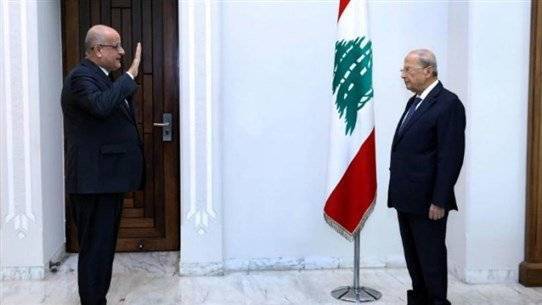With the implementation of the Public Procurement Law, all public contracts and purchases will be subject to oversight by the Public Procurement Authority and the Complaints Committee. Previously, the Central Inspection Authority’s Tender Administration only oversaw 5% of public contracts awarded for the benefit of state administrations and ministries. The Ministry of Finance estimates the size of these contracts to be 13% of the general budget, excluding purchases by public institutions and security and military agencies, including the army, internal security forces, general security, state security, municipalities, and externally funded projects.
The importance of this law lies in its requirement for all state administrations and institutions, without exception, to be under the control of the Public Procurement Authority. Its approval has been celebrated by many foreign ambassadors, diplomats, and international organizations monitoring reform efforts in Lebanon. However, voices have emerged calling for a suspension of the law, particularly at the municipal level, which suffers from a lack of administrative structures. The provisions of the law mandate that municipalities, like all public administrations and institutions, form two committees—Tender and Receipt—composed of three members, all of whom must be from the third category of employees.
Mayors in the Aley District and its unions have decided to request an exemption for municipalities from the application of the Public Procurement Law until their legal status is rectified and the articles concerning the formation of procurement and receipt committees are amended to be consistent with municipal law (i.e., maintaining committees within elected municipal councils) to effectively manage public services. They also requested a review of how the municipalities' entitled rights are calculated.
In this context, the "Democratic Gathering" bloc proposed an urgent law aiming to postpone the application of the Public Procurement Law on municipalities, except for the municipalities designated as provincial centers, to allow time for familiarization and preparation for this necessary reform law to ensure the proper functioning and transparency of performance.
Indeed, the head of the Public Procurement Authority, Dr. Jean Alia, emphasized on several occasions that he is studying all the loopholes in the law and working to address them with a team of legal experts. According to stakeholders, the legislator considered the financial and economic crisis facing the country and took into account the state’s financial condition and hiring bans. The law allows alternative pathways regarding the tender committees, as Article 100 of the mentioned law states in its second paragraph that "before November of each year, the purchasing entity proposes a list of names of employees from within its administration from at least the third category who have proven experience in the field of public procurement and/or among those trained accordingly as per the provisions of this law, and sends this list to the Public Procurement Authority..."
Therefore, the legislator’s mention of the phrase "the purchasing entity proposes a list" does not compel all purchasing entities to propose a list without exception, but allows those that meet the requirements of this paragraph—i.e., those that have employees from the third category and above in their personnel.
Additionally, Article 100, in its third paragraph, states that "the purchasing entity forms a Tender Committee or committees when implementing its annual plan for the coming year, from the unified list provided by the Public Procurement Authority." This means that the legislator obliges the purchasing entity to select members of the tender committee from the unified list approved by the Public Procurement Authority, rather than from the purchasing entity itself. Hence, small municipalities suffering from a lack of personnel can resort to tender committees from the unified list that the Public Procurement Authority will adopt after presenting the names to the Central Inspection Authority, the High Disciplinary Authority, and the Court of Accounts for scrutiny regarding the conduct of those individuals.
Thus, there is no issue with the tender committees since small municipalities can rely on the unified list without the need to appoint a committee composed of third-category employees who are not available. However, a problem exists concerning the receipt committees because the legal text is clear, mandating that these committees consist of employees from the purchasing entity, making it difficult to interpret the text more flexibly. Therefore, a limited local amendment is required to facilitate the application of the law rather than opening the door for exceptions, as noted by one of the stakeholders.
Until then, Alia issued a decision yesterday stating that "until the lists of the tender and receipt committees are formed, purchasing entities are requested, at least twenty working days before the committees' meeting, to send a list of the names of the proposed committee members according to the provisions of the Public Procurement Law to the Public Procurement Authority for approval after being presented to the relevant oversight authorities according to the established procedures."




